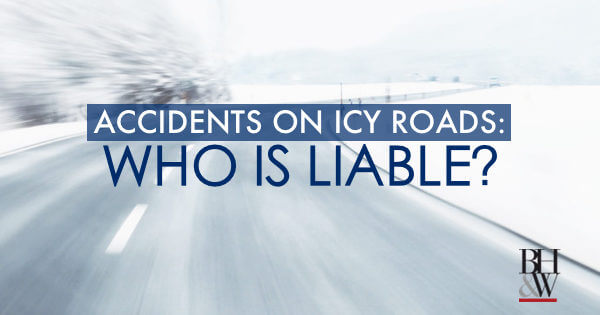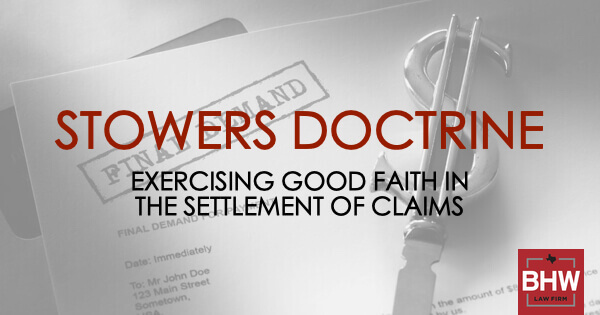Do I still have a case if the police didn’t make a report on my car wreck?
 Many people involved in motor vehicle collisions may not have police or accident reports documenting the specifics of the wreck. Sometimes it could be because the wreck was not reported and the police were never called. Other times, the police may have been called but simply did not respond. Law enforcement agencies often lack the resources to respond to each and every car wreck that occurs in their jurisdiction. More and more police agencies are putting policies into place that do not require them to respond to what the agency deems a “minor” wreck. The problem is that sometimes a wreck that law enforcement deems “minor” may actually have major long-term consequences (and injuries) for the individuals involved.
Many people involved in motor vehicle collisions may not have police or accident reports documenting the specifics of the wreck. Sometimes it could be because the wreck was not reported and the police were never called. Other times, the police may have been called but simply did not respond. Law enforcement agencies often lack the resources to respond to each and every car wreck that occurs in their jurisdiction. More and more police agencies are putting policies into place that do not require them to respond to what the agency deems a “minor” wreck. The problem is that sometimes a wreck that law enforcement deems “minor” may actually have major long-term consequences (and injuries) for the individuals involved.
What can I do if the police never made a report of my accident?
If you are involved in one of these types of wrecks, and there was no accident report filed with the police, you can still have a valid personal injury case. Regardless of the reason, you may find that you do have a legitimate case and still need to file a personal injury lawsuit to be fairly compensated for your injuries. Having a police report can be an advantage when filing a personal injury lawsuit, but even without one it is possible to file and win your case.
Other Ways to Investigate
Police reports are helpful because they provide the parties and the court with relevant facts about the accident based on the observations of unbiased law enforcement officers. But, police officers are not the only people who can provide evidence demonstrating that the other party was negligent. A private investigator can help too.
When necessary, our personal injury attorneys work with private investigators to collect evidence about cases, find and contact witnesses, and gather information to determine which party was at fault in an accident. You will not be required to pay for these services up front. The cost for these services will most likely be presented as an expense that will be deducted from the total sum of your award or settlement.
Other Sources of Information
In addition to an accident report as well as witness testimony, other documents and materials can also be gathered as evidence of your injuries and their cost. These include medical records, videos, photos and other relevant documents. Your attorney can help you obtain these records and reports during the investigation and discovery stage of your case. These documents can help to build up a solid evidentiary basis for your case that your attorney will use to negotiate a settlement or represent you in court.
Your Own Statement
You are most often your best witness. You were present when the wreck occurred and personally went through it. It is always in your best interest to first provide an account of what happened to your attorney directly. Communications between an attorney and client are confidential, so before speaking with anyone about your case you should consult with your attorney regarding what you should or should not disclose and to whom. It is best to retain one of our attorneys so that we can speak confidentially about your case and determine the best course of action to proceed.
Ultimately, it is important to put together an accurate and coherent account of what occurred. Being injured in an accident is almost always a very emotional experience. Your attorney can help you establish a timeline of the events that is logical and provides a clear picture of how the accident happened and the injuries that resulted from it. This can be very similar to the type of narrative that the police would provide if they had written a report.
If you were seriously injured in a motor vehicle collision, and there is no police report, don’t worry. You may still have a very valid case for which fair recovery for your injuries can be obtained. Our experienced motor vehicle accident lawyers can help you determine the best course of action in these situations.










